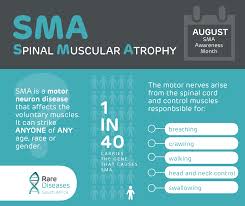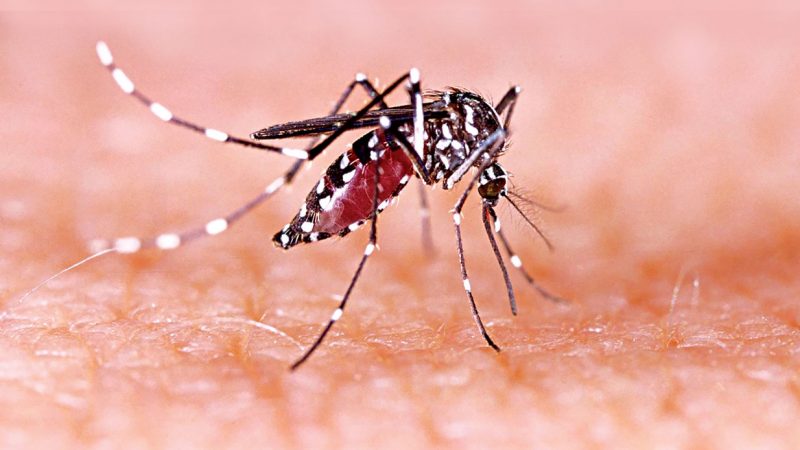Hopes shine in the treatment of rare disease SMA in Bangladesh: Experts

Parents of children suffering from rare disease Spinal Muscular Atrophy (SMA) find a ray of hope as the journey of a full-fledged neuromuscular disease treatment centre has started in the country.
Spinal Muscular Atrophy (SMA) is a rare genetic disease affects the central nervous system, peripheral nervous system, and voluntary muscle movement (skeletal muscle). It occurs mainly among infants.
Most of the nerve cells that control muscles are located in the spinal cord, which accounts for the word spinal in the name of the disease.
Until now, there was a little opportunity to treat this disease in the country. However, due to various programmes including awareness campaign, and opening of clinics, affected patients and parents are now seeing hope.
Recently, the journey of a full-fledged neuromuscular disease treatment centre has started in the country as treatment of this disease requires a multidisciplinary approach. Similarly, a special SMA clinic called ‘Neuromuscular Disease Treatment Center’ was organised at the National Institute of Neurosciences and Hospital in Agargaon, bringing almost all the necessary medical services under one umbrella. The doctors at this clinic agreed that a concerted effort will be made with all parties to develop a treatment system for this rare disease in the country.
Renowned neurologist Professor Dr. Quazi Deen Mohammad told UNB that several drugs have been approved in the worldd so far. An oral drug (Risdiplam) has already been approved in in Bangladesh. Various parties including the government are working on drug prices and accessories.
” We hope that the price of medicines will come within the reach of everyone in the future,” he said.
Addressing the parents, he told not be disappointed. It is possible to lead a normal life even with SMC. He requested the rich to come forward.
Prof. Dr. Md. Badrul Alam said at a recent programme that SSA is one of the most expensive medical services and medicines in the world. A vaccine for this disease costs about 220 million BDT. Oral medicine has been approved in the country; its price has come down to 3 lakhs.
“Since it is always consumed, it is not possible for everyone to buy it. Therefore, the sincerity of the government in this matter is very necessary. But for this, a complete statistic of the patients across the country is needed. In this case, all parties should work together,” he also said.
He said, however, there is hope that the need for medicine is not felt much because of the medical care and shortage. Therefore, there is no alternative to ensure proper service. He called upon the wealthy to come forward.
Saying that that access to health care is a fundamental right of every citizen of the country, Vice-President of Cure SMA Bangladesh Hasan Mahmud said there is no complete treatment system for this rare and incurable disease yet. In this circumstance, the members of ‘Cure SMA Bangladesh Foundation’ is considering this SMS clinic as a success.
The organisation has a plan to continue this effort from now on. The organisation has already conducted various programs including seminars, virtual consultation meetings, rallies on SMA awareness.
SMA or Spinal Muscular Atrophy is an incurable rare disease. This rare genetic disorder is caused by the loss of motor neurons that control muscle movement. SMA ranges from type one to type four depending on the severity of the disease.
Experts said getting early treatment before the development of SMA symptoms, is helpful for better treatment results. Early treatment can be done with the help of a newborn screening.
An affected child can be given a normal life through supportive care including therapy along with medication. Even by testing the amniotic fluid during pregnancy, necessary measures can be taken to know whether the unborn child is affected. So, awareness can play an effective role in preventing this disease, they also said.
Source: Daily Observer | 2 November 2024







